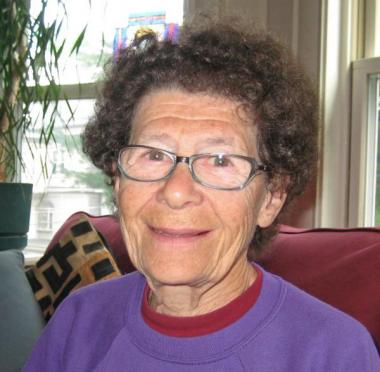
Hilde Hein was born in 1932 in Cologne, Germany, and was the first tenured female faculty member at the College of the Holy Cross in Worcester, MA, serving as professor of philosophy from 1970 until 1999. She was also part owner of Annapurna, an Indian restaurant in Worcester. Hein’s academic focus is the philosophy of museums and the philosophy of women, and one of her main achievements at Holy Cross was to teach a groundbreaking course on the philosophy of women. In this interview, Hein discusses her early life in Berkeley, CA, as a member of a Jewish immigrant family, closely related to Robert Oppenheimer; her part-ownership of Annapurna restaurant; her tenure at Holy Cross during the 1970s, 1980s, and 1990s, with particular emphasis on Holy Cross’s transition to coeducational school; and her research on the philosophy of museums. The interview also includes interesting observations about Berkeley, CA, Reed College, and Cornell University, and the Exploratorium museum.
